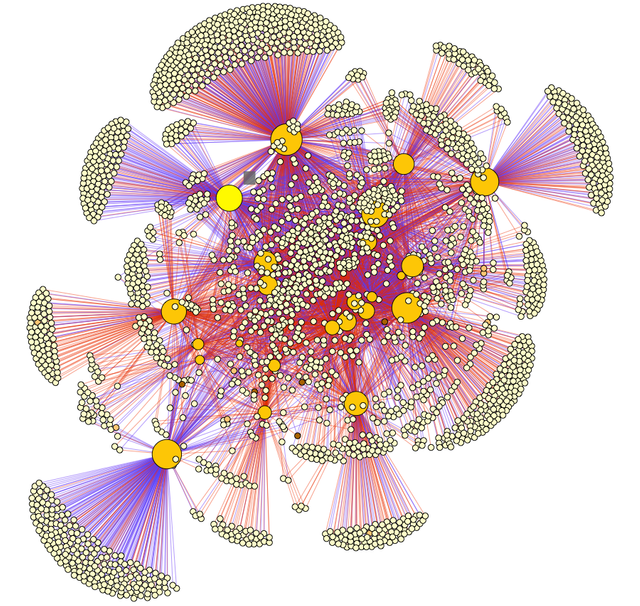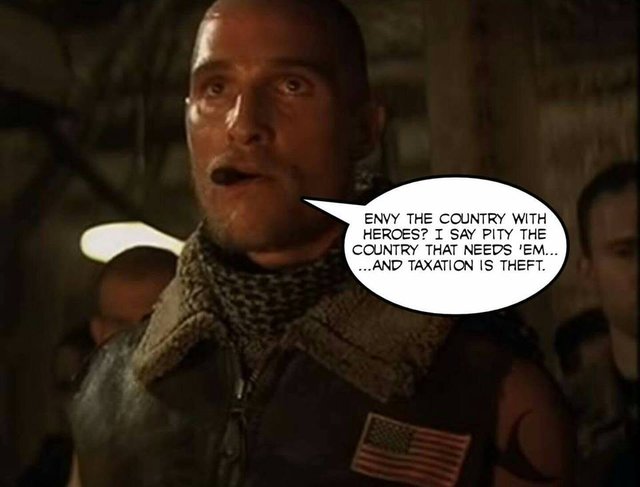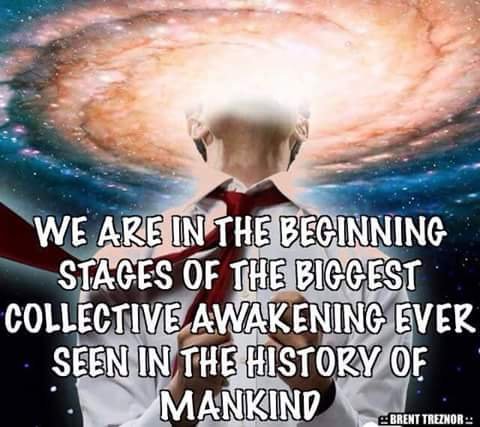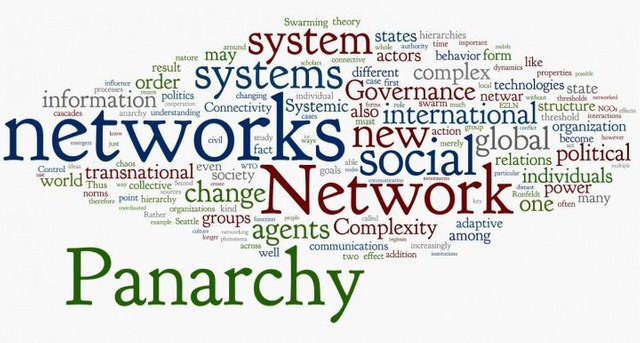
Act 1 - An Email Exchange.

-Kevin
It's not for "marketing". I'm a seasoned technologist, open source author,
startup guy and have lived & breathed creating new stuff. Think of what
I'm asking for as a living executive summary -- it's crystalized thought
and helps others dial into (and hopefully get excited about your New Thing)
with the least amount of effort/time while demonstrating that you have
indeed done your homework (unfortunately most people have not).
Frank:
Thoughts about theCicada link below, which IMO are the 3 top deficiencies I find in all "new systems"
and which will lead to failure:
Their currency is very subject to dynastic capture. If the coins cost money to acquire (from within the system), then old money will buy enough to control the price and slam it around (and volatility equates to cost, which is essentially an extra tax). They should instead create the coins into existence via each participant in the system, at regular intervals, and have the coins diminish in value over time. Then the economy is based on activity (velocity of money), which is to say based on abundance and flow, rather than hoarding. Business will shift to adding continual value (via services or goods) in a royalty/dividend style. Theirs is based on dynasty/hoarding, which is the old model and will be captured by old money (as has been Bitcoin). "Meet the new boss, same as the old boss." The crux of money is, who creates it? Either central authorities (dynasty) or people. Not who mines it and takes a small commission, but who creates it. If people don't create the coins, Cicada's UBI concept is a total farce. A) because not everybody has a smart phone and B) because the commission necessarily has to be small to make transactions feasible and thus relative to an increasing coin price (which would happen if it's well accepted) would leave people butt-poor again relative to the rich people who transited from the old system to the new.

Direct Democracy (DD) as it applies to voting. A huge mistake. Let me explain. Direct Participation is awesome -- there should be a mechanism for each participant to voice their opinion on any given issue at each possible stage, as well as curation mechanisms to filter and prevent overwhelm to all. Love the PollMole idea, for example. But true direct voting is "mob rule". As explained by George Carlin, "Think of how stupid the average person is, and realize half of them are stupider than that." Even the smart people are often uninformed/fooled and have not nearly the context to make a proper decision on anything material. I seriously urge these people to study prediction markets (or decision markets which are the same thing pointed inward in an org to make decisions) and crowdsourced solvers. While the entire crowd is used, there are always asymmetrically better people at anything and what these mechanisms do is tease out the asymmetry. They always beat boards/execs/managers. And they sure as heck beat a general vote. Read Outliers and Here Comes Everybody and Crowdsourcing for examples. Everybody wants to throw out the idea of representative democracy, but it looks to me the only way out is to evolve it to a dynamic form of curation and utilize these mechanisms. Direct vote is weaponized stupid. Inclusive participation is excellent -- from it we extract the signal (the asymmetry) via a hybrid of known mechanisms. See the included graphic. It is similar across social networks, prediction markets, etc. Note that it is decentralized, however not remotely evenly distributed. And it is clustered. That's what we have to adapt for voting, intelligence gathering, solutions, decision making, etc.

They don't seem to have the concept of a crowdsourced credibility network which can be seeded with people you trust, and read out the skills, associations and trustworthiness of any participant. I consider this the #1 deficiency plaguing humanity. If we don't know who people are who are attempting to gain some level of curation / position in the network, it will be hijacked. Actually, this facility alone would probably transform our society and make a lot of the other changes less relevant. I have a feeling Frank Bacon will get what this would mean to intelligence gathering.

And as an aside:
Biometric fingerprint is a really bad way to start. A) because not everybody has the tech. And B) it's been shown to be easily compromised (and the system pretty much has all our fingerprints anyway). Not good.
[A Work of Crypto Fiction By Frank Bacon]
[Block] THIS, THAT, & BOOKS.
Downvoting a post can decrease pending rewards and make it less visible. Common reasons:
Submit